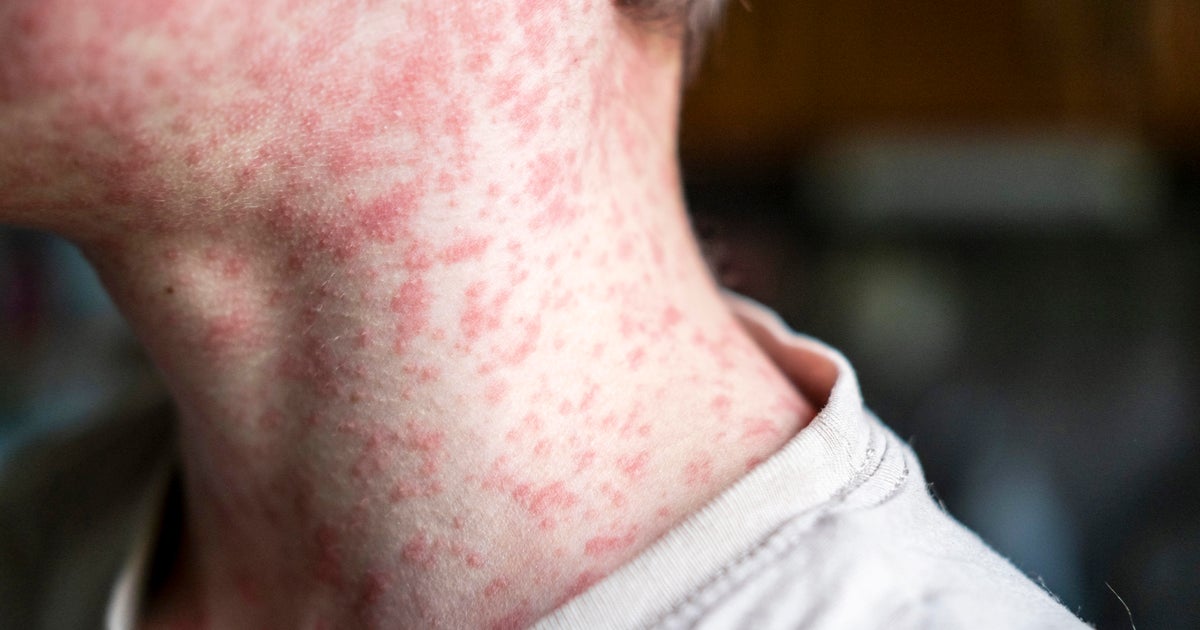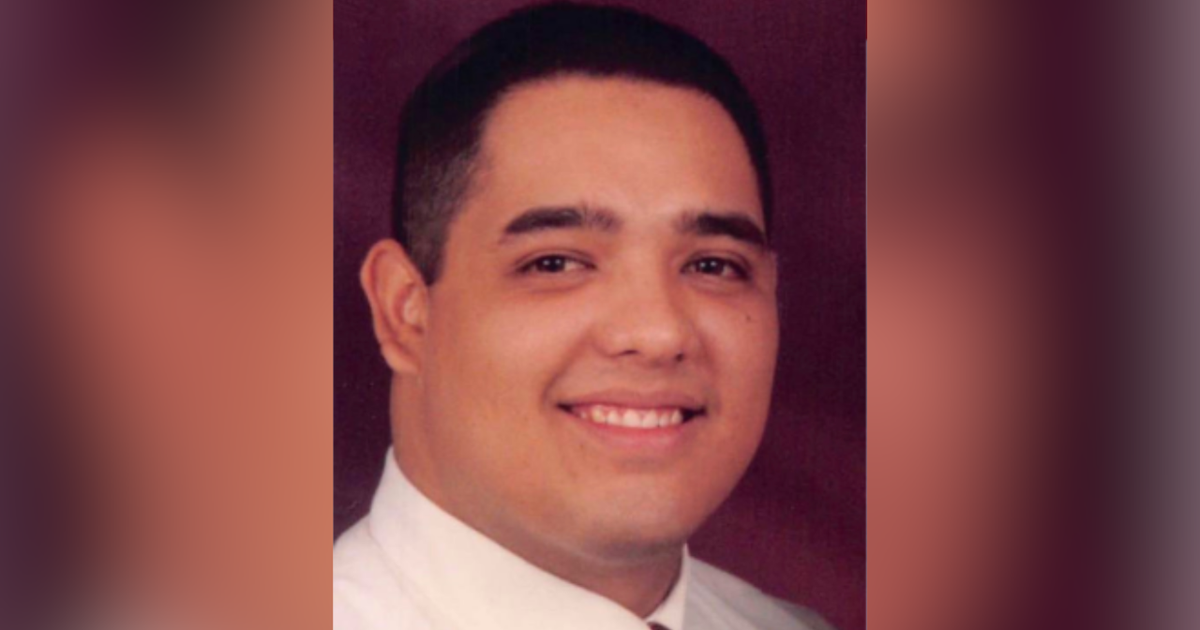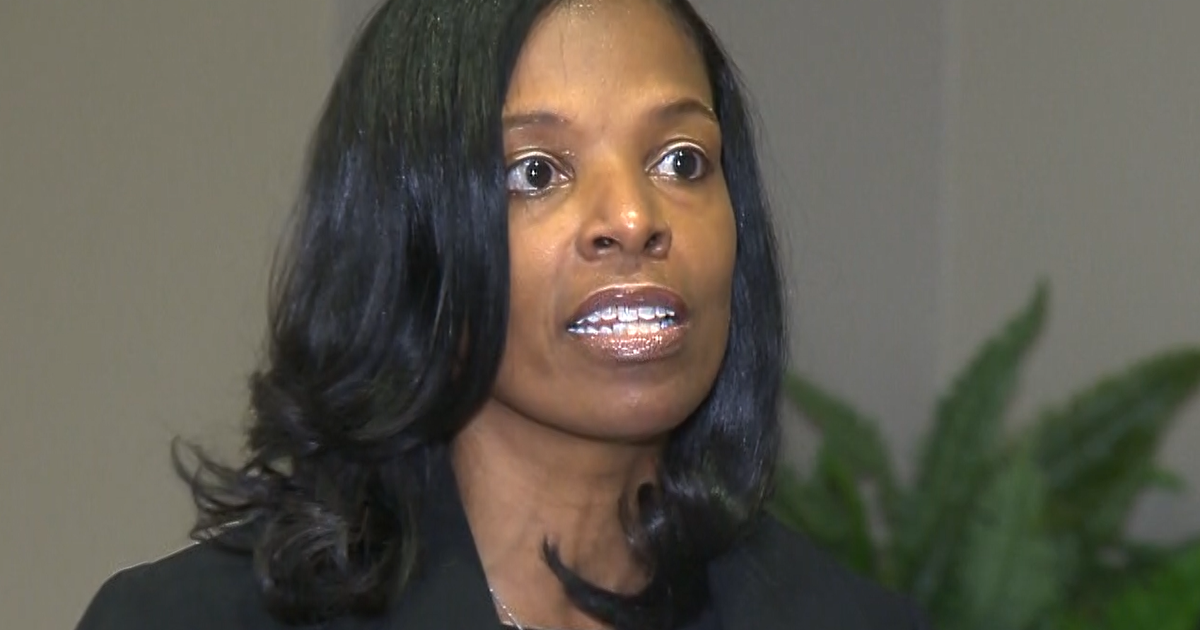Whooping cough cases increasing in Michigan's Washtenaw County
WASHTENAW COUNTY, Mich. (CBS DETROIT) — The Washtenaw County Health Department had reported 21 cases of whooping cough this year as of June, an increase from the previous three years, according to a report released on Thursday.
The last report released was in 2019, with 82 total cases. The county did not release numbers in 2020-2023 because there were not enough cases to create reports. Health officials said that prior to COVID-19, the county reported 50 to 100 cases.
"Pertussis, unfortunately, seems to be returning," Laura Bauman, the health department's epidemiology program manager, said in a statement. "It's important for us to identify and treat cases as soon as possible because illness from pertussis can be serious, especially for infants."
Officials said this year's cases are among teens and young adults. No hospitalizations have been reported. The infection can spread through airborne droplets when an infected person coughs, sneezes or talks.
What are the symptoms?
According to the Centers for Disease Control and Prevention, early symptoms appear about five to 10 days after exposure. Those symptoms include a runny or stuffed nose, low-grade fever that is less than 100.4 degrees Fahrenheit and a mild, occasional cough.
One to two weeks after the early symptoms, those infected may experience coughing fits, make a high-pitched "whoop" when inhaling, vomit during or after the coughing fits, have difficulty sleeping, struggle to breathe, fracture a rib or feel tired.
What about vaccines?
The Washtenaw County Health Department said there are two vaccines to help prevent whooping cough.
The DTap vaccine is recommended for children starting at 2 months old. A booster shot is given between the ages of 4 and 6. The Tdap vaccine, is for teens and adults starting at ages 11 to 12. A booster is then recommended every 10 years.







